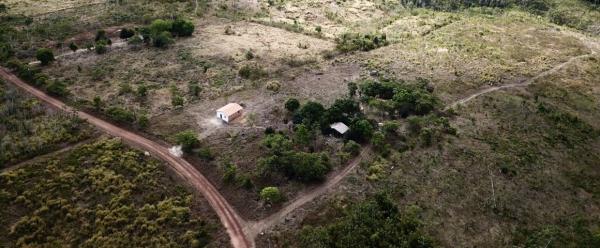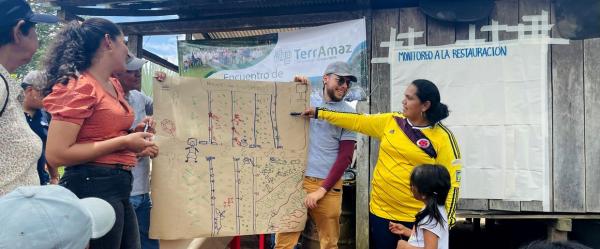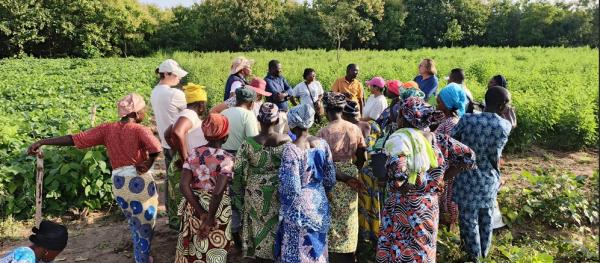Science at work 19 December 2025
- Home
- Our activities, our impact
- Priority research topics
- Climate change

Climate change
Of course, the challenge for farming systems in the South is to adapt to climate change, but also to mitigate it by cutting their greenhouse gas emissions, without compromising their opportunities to develop or exacerbating inequalities. For greater sustainability, adaptation and mitigation must go hand in hand. For the first time, CIRAD's strategy and institutional documents are affirming its determination to tackle this issue in an integrated, multidisciplinary way and make it a key field in its own right. Understanding the mechanisms involved and implementing solutions that provide integrated, sustainable answers is the interdisciplinary challenge CIRAD wants to address, to help the most vulnerable rural societies in the global South cope with climate change.
The range of situations in the countries of the global South means that there will be many adaptation and mitigation strategies. Research and innovation must work together to contribute, in the very near future, to boosting the productivity, resilience and carbon balance of production and processing systems. The relevant benchmarks form a vast field of investigation within which research should aim to generate knowledge and inventions, taking care to shed light on the changes under way and to play an active part in teaching and training operations.

































